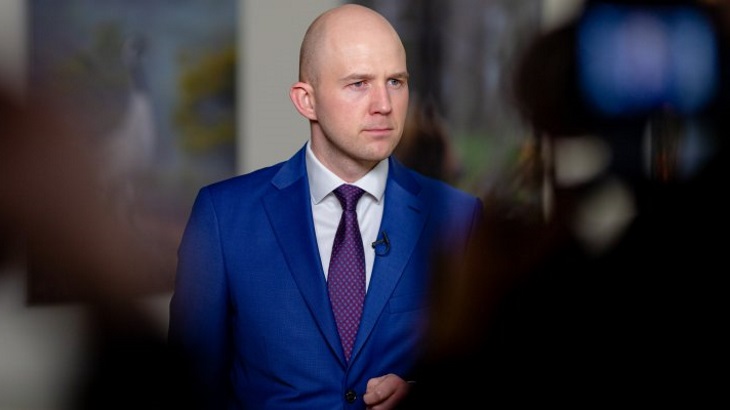"In order to increase Estonia's energy security, sustainability and competitiveness and achieve the 2050 climate targets, the introduction of nuclear energy would be one of the possible solutions," Mölder said. "Nuclear energy would be able to provide 24/7 electricity, independently of weather conditions, while the process of deploying it would be very long lasting and would require huge investment from the state. The difficult question of what to do with spent nuclear fuel should also be resolved," he added.
The NEPIO will need to analyse technologies and actual projects under development in other countries, and assess whether the development of a nuclear power plant should be carried out by the state or the private sector and what the possibilities for private-public cooperation could be. In addition, the know-how and labour needs for the development of nuclear energy need to be worked out, Mölder said.
Estonia could consider, in particular, the deployment of Generation IV small modular reactors that are expected to be easier to build than a large nuclear power plant, which would not in any case be operational until 2035, he said, adding that "nothing has been decided yet".
The country's introduction of nuclear energy requires public support and must provide "clear answers to people's legitimate questions and fears", he said. "A science-based approach alone is not enough, and the general preparedness of people and society is also needed," he added.
The NEPIO includes representatives of the Ministry of the Environment, the Environment Agency, the Ministry of The Interior, the Ministry of Finance, the Ministry of Justice, the Ministry of Education and Research, the Ministry of Economic Affairs and Communications, the Ministry of Defence, the Ministry of Foreign Affairs, the Ministry of Social Affairs and the State Chancellery. The relevant authorities have already appointed their representatives and the members of the NEPIO are approved by the environment minister.
Fermi Energia, which was founded by Estonian energy and nuclear energy professionals to develop deployment of SMRs in Estonia, welcomed the establishment of the NEPIO.
"This is a very important milestone for Fermi Energia and Estonia of essentially establishing an NEPIO according to the IAEA's Milestones Approach," Kalev Kallemets, the company's co-founder and CEO, told World Nuclear News today. The NEPIO's primary task, he said, is to assess the possibility of adopting nuclear energy, including the use of small modular reactors, to help the Baltic country to achieve climate neutrality and security of supply.
In July 2019, Fermi Energia launched a feasibility study on the suitability of SMRs for Estonia's electricity supply and climate goals beyond 2030, following a financing round from investors and shareholders.







_55401.png)
_23009.jpg)






